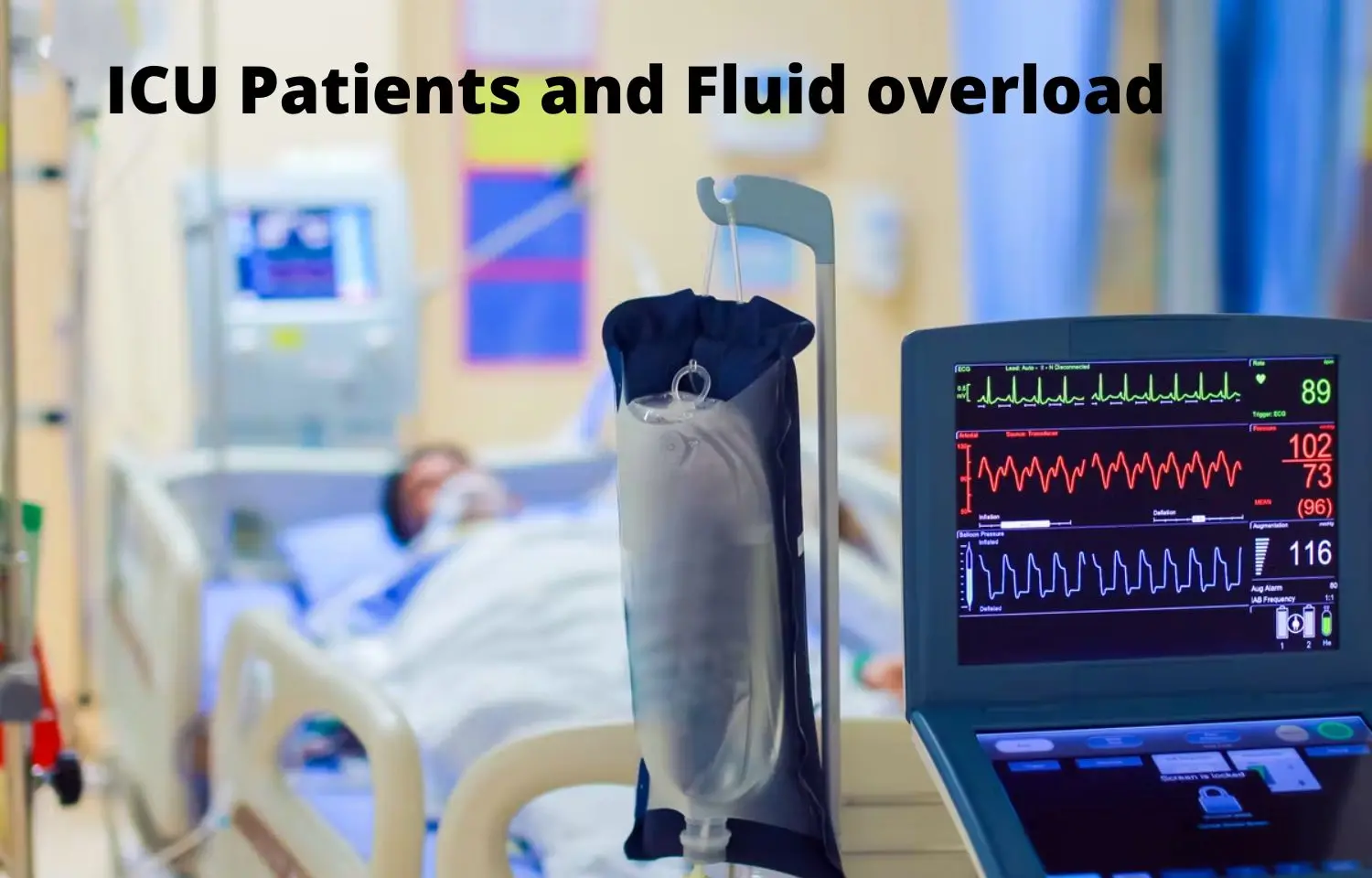- Home
- Medical news & Guidelines
- Anesthesiology
- Cardiology and CTVS
- Critical Care
- Dentistry
- Dermatology
- Diabetes and Endocrinology
- ENT
- Gastroenterology
- Medicine
- Nephrology
- Neurology
- Obstretics-Gynaecology
- Oncology
- Ophthalmology
- Orthopaedics
- Pediatrics-Neonatology
- Psychiatry
- Pulmonology
- Radiology
- Surgery
- Urology
- Laboratory Medicine
- Diet
- Nursing
- Paramedical
- Physiotherapy
- Health news
- Fact Check
- Bone Health Fact Check
- Brain Health Fact Check
- Cancer Related Fact Check
- Child Care Fact Check
- Dental and oral health fact check
- Diabetes and metabolic health fact check
- Diet and Nutrition Fact Check
- Eye and ENT Care Fact Check
- Fitness fact check
- Gut health fact check
- Heart health fact check
- Kidney health fact check
- Medical education fact check
- Men's health fact check
- Respiratory fact check
- Skin and hair care fact check
- Vaccine and Immunization fact check
- Women's health fact check
- AYUSH
- State News
- Andaman and Nicobar Islands
- Andhra Pradesh
- Arunachal Pradesh
- Assam
- Bihar
- Chandigarh
- Chattisgarh
- Dadra and Nagar Haveli
- Daman and Diu
- Delhi
- Goa
- Gujarat
- Haryana
- Himachal Pradesh
- Jammu & Kashmir
- Jharkhand
- Karnataka
- Kerala
- Ladakh
- Lakshadweep
- Madhya Pradesh
- Maharashtra
- Manipur
- Meghalaya
- Mizoram
- Nagaland
- Odisha
- Puducherry
- Punjab
- Rajasthan
- Sikkim
- Tamil Nadu
- Telangana
- Tripura
- Uttar Pradesh
- Uttrakhand
- West Bengal
- Medical Education
- Industry
Do loop diuretics reduce mortality in ICU patients with fluid overload?

Denmark: A new study showed very low certainty of the evidence, concerning the effect of loop diuretics on mortality and serious adverse events in adult ICU patients with fluid overload.
"Loop diuretics may reduce the occurrence of these outcomes, but large randomized placebo-controlled trials are needed at low risk of bias," the researchers wrote in their study published in the Annals of Intensive Care.
In critically ill patients, fluid administration(maintenance fluid, with medicine, and nutrition), increase in vasopermeability (due to critical illness), and acute kidney injury (AKI) with accompanying oliguria often results in sodium chloride and water accumulation leading to fluid overload. The kidneys have a limited capacity to excrete sodium and they take time(days) to adapt to substantial changes in sodium intake.
Fluid overload is a risk factor for organ dysfunction and increased mortality in the general ICU population, including those with recent surgery sepsis, AKI, respiratory failure, and traumatic brain injury. However, no guidelines exist for its management. Loop diuretics, mainly Furosemide are frequently used as the initial therapy to treat critically ill patients with fluid overload. To date, no systematic reviews have assessed the benefits and harms of loop diuretics in the treatment of fluid overload in the ICU.
Wichmann, S., Copenhagen University Hospital, Denmark, and colleagues systematically reviewed the benefits and harms of a single loop diuretic, the predominant treatment used for fluid overload in ICU patients.
Researchers conducted a systematic review with meta-analysis and Trial Sequential Analysis (TSA) of a single loop diuretic vs. other interventions reported in randomized clinical trials. 10 trials (804 participants), all at overall high risk of bias were included in the review. Researchers assessed the risks of bias with the ROB2-tool and certainty of evidence with GRADE.
Key findings of the analysis:
• There was no difference in all-cause mortality (relative risk (RR) 0.72, very low certainty of the evidence), for loop diuretics vs. placebo/no intervention
• Fewer serious adverse events were registered in the group treated with loop diuretics (RR 0.81, very low certainty of evidence), though contested by TSA.
The authors conclude that the study results suggest very uncertain evidence regarding the effect of loop diuretics on mortality and serious adverse events in adult ICU patients with fluid overload. Loop diuretics may reduce the occurrence of these outcomes, but large randomized placebo-controlled trials at low risk of bias are needed.
Reference:
Wichmann, S., Barbateskovic, M., Liang, N. et al. Loop diuretics in adult intensive care patients with fluid overload: a systematic review of randomised clinical trials with meta-analysis and trial sequential analysis. Ann. Intensive Care 12, 52 (2022). https://doi.org/10.1186/s13613-022-01024-6
BDS
Dr. Hiral patel (BDS) has completed BDS from Gujarat University, Baroda. She has worked in private dental steup for 8years and is currently a consulting general dentist in mumbai. She has recently completed her advanced PG diploma in clinical research and pharmacovigilance. She is passionate about writing and loves to read, analyses and write informative medical content for readers. She can be contacted at editorial@medicaldialogues.in.
Dr Kamal Kant Kohli-MBBS, DTCD- a chest specialist with more than 30 years of practice and a flair for writing clinical articles, Dr Kamal Kant Kohli joined Medical Dialogues as a Chief Editor of Medical News. Besides writing articles, as an editor, he proofreads and verifies all the medical content published on Medical Dialogues including those coming from journals, studies,medical conferences,guidelines etc. Email: drkohli@medicaldialogues.in. Contact no. 011-43720751


